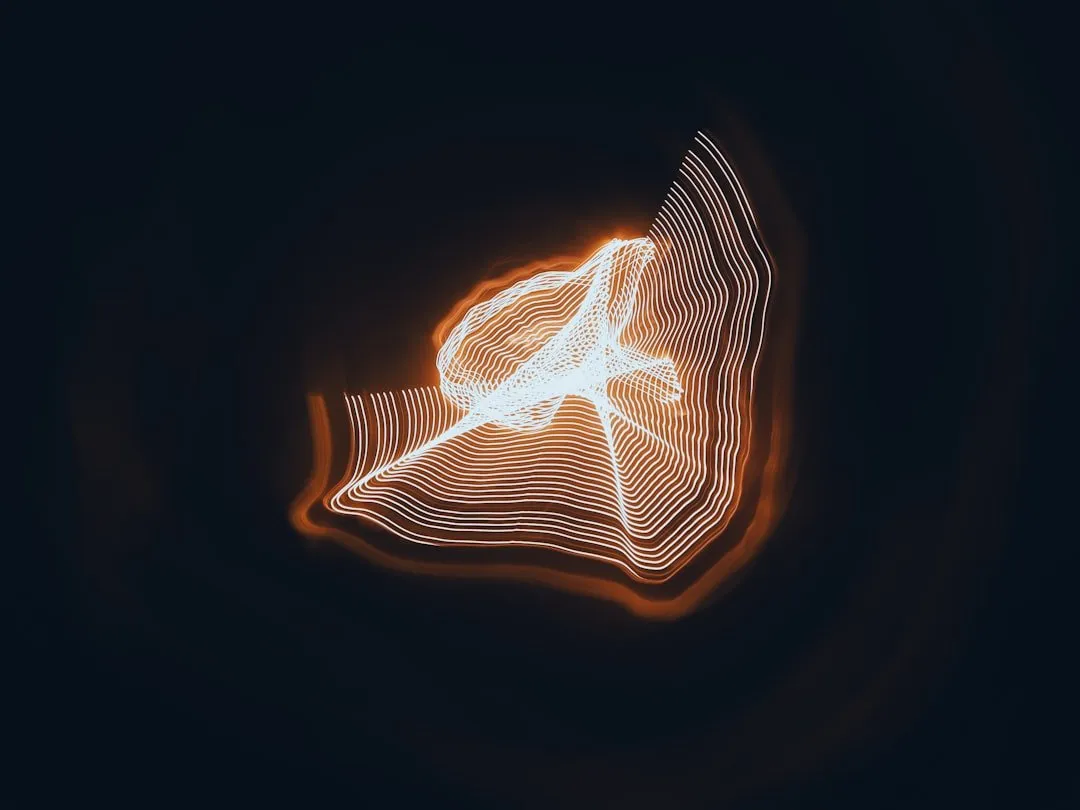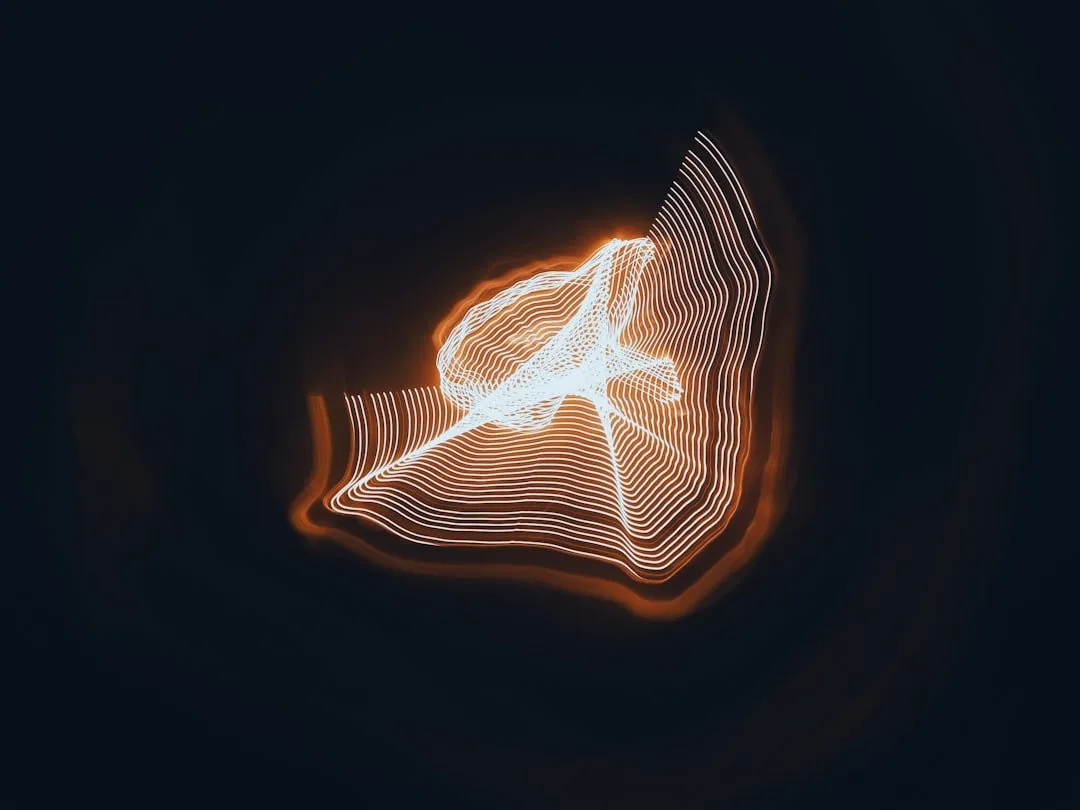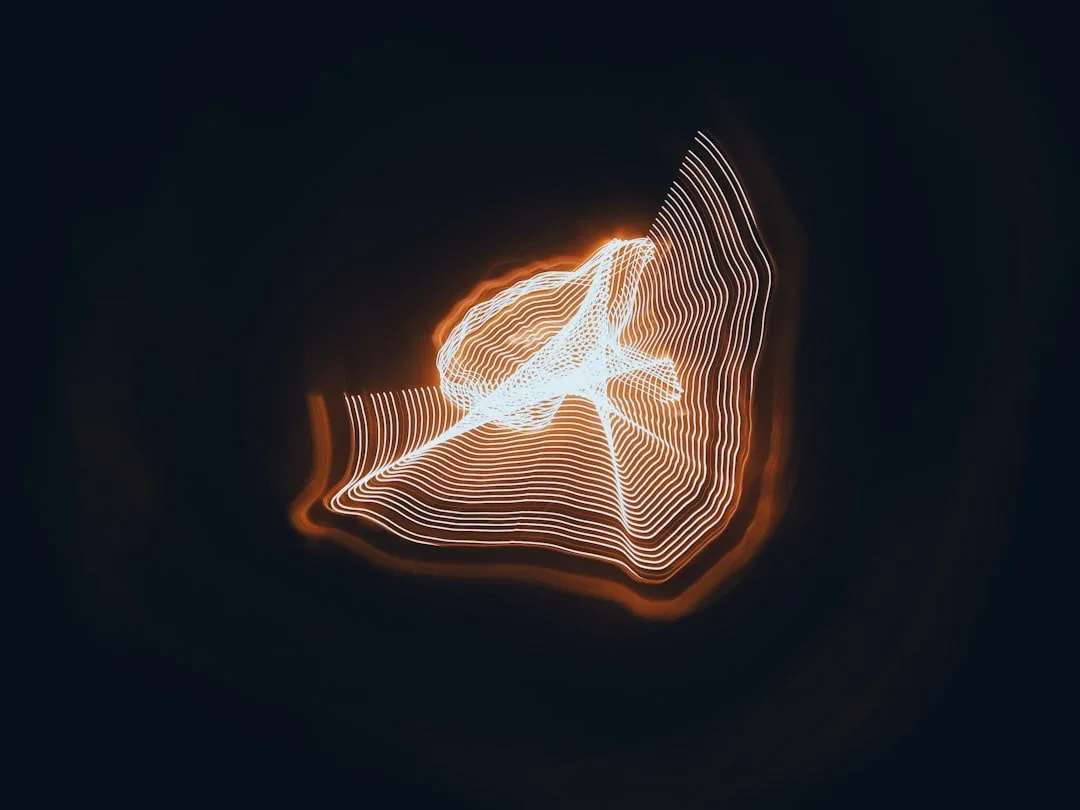Kratom, a natural herb used for performance enhancement, has dual effects on sleep. While moderate doses may improve relaxation and sleep quality, high or close-to-bedtime consumption can stimulate the central nervous system, leading to increased alertness and disrupted sleep patterns. Misconceptions about kratom causing insomnia exist, but individual reactions vary; starting with low doses is crucial to avoid potential adverse effects, including heightened pain sensitivity and altered time perception.
“Uncover the dual nature of kratom: a herbal remedy with potential performance enhancement benefits, especially for those struggling with sleep issues. This article delves into the science behind kratom’s effects on insomnia, exploring its natural mechanisms and providing insights into its safe use. With a focus on ‘does kratom cause insomnia?,’ we navigate the intricate relationship, offering guidance on potential risks and responsible usage for optimal sleep improvement.”
- Understanding Kratom and Its Effects on Sleep
- Exploring the Science Behind Kratom's Impact on Insomnia
- Safe Use and Potential Risks of Kratom for Sleep Improvement
Understanding Kratom and Its Effects on Sleep

Kratom, a natural herb derived from the plant Mitragyna speciosa, has gained attention for its potential performance-enhancing properties. While it is commonly used for energy and focus, its impact on sleep is an important consideration, especially for those seeking enhanced productivity. The effects of kratom on sleep are complex and vary depending on the individual and dosage.
Contrary to some beliefs, kratom does not always cause insomnia. In fact, moderate doses have been reported to promote relaxation and improve sleep quality in certain individuals. However, it can also stimulate the central nervous system, leading to increased alertness and potential disruptions in sleep patterns, particularly when consumed close to bedtime. Understanding these dual effects is crucial for anyone considering kratom as a performance booster.
Exploring the Science Behind Kratom's Impact on Insomnia

Kratom, a natural herb derived from the Mitragyna speciosa plant, has gained attention for its potential performance-enhancing properties. While many users vouch for its energy-boosting and focus-improving effects, there’s a crucial aspect that requires scrutiny: its impact on sleep patterns, particularly insomnia. The science behind kratom’s effect on insomnia is complex and multifaceted. Studies suggest that kratom’s active compounds interact with opioid receptors in the brain, potentially influencing the body’s natural sleep-wake cycle. This interaction can lead to disrupted sleep, especially when consumed close to bedtime or in higher doses.
Understanding how kratom interacts with these receptors is essential in gauging its effects on insomnia. While some users report improved sleep quality after initial use due to its calming properties, regular consumption may result in heightened sensitivity to pain and an altered perception of time, both of which can contribute to difficulties falling asleep or maintaining uninterrupted slumber. It’s also worth noting that individual reactions vary widely, making it challenging to predict the exact impact of kratom on any given person’s sleep patterns.
Safe Use and Potential Risks of Kratom for Sleep Improvement

Kratom, a natural herb derived from the Mitragyna speciosa plant, has gained attention for its potential to enhance performance and promote relaxation. While it is often used for energy and focus, some individuals turn to kratom to improve sleep patterns. However, it’s essential to approach this practice with caution. Safe use of kratom for sleep improvement requires understanding its effects on the body, especially regarding insomnia.
Kratom interacts with opioid receptors in the brain, leading to feelings of relaxation and pain relief. This mechanism can indeed aid in unwinding and preparing the mind for sleep. Yet, excessive or incorrect dosage may result in adverse effects, including disrupted sleep cycles and, surprisingly, potential insomnia. Some users report difficulty falling asleep or experiencing fragmented rest due to kratom’s impact on neurotransmitters like dopamine and serotonin, which play a role in both energy levels and sleep regulation. Therefore, it’s crucial to start with low doses and monitor personal responses to avoid does kratom cause insomnia and ensure overall well-being.
Kratom has gained attention as a potential aid for sleep issues, particularly insomnia. While some users report positive effects, the science behind its impact is still evolving. Understanding kratom’s mechanism and its dual nature—as a stimulant and sedative—is crucial. Exploring its safe use and potential risks is essential to prevent adverse effects, especially as it relates to sleep patterns. Remember that, although some find relief, does kratom cause insomnia for others, highlighting the individual variations in response to this herb. Always consult healthcare professionals before incorporating any supplement into your routine.














